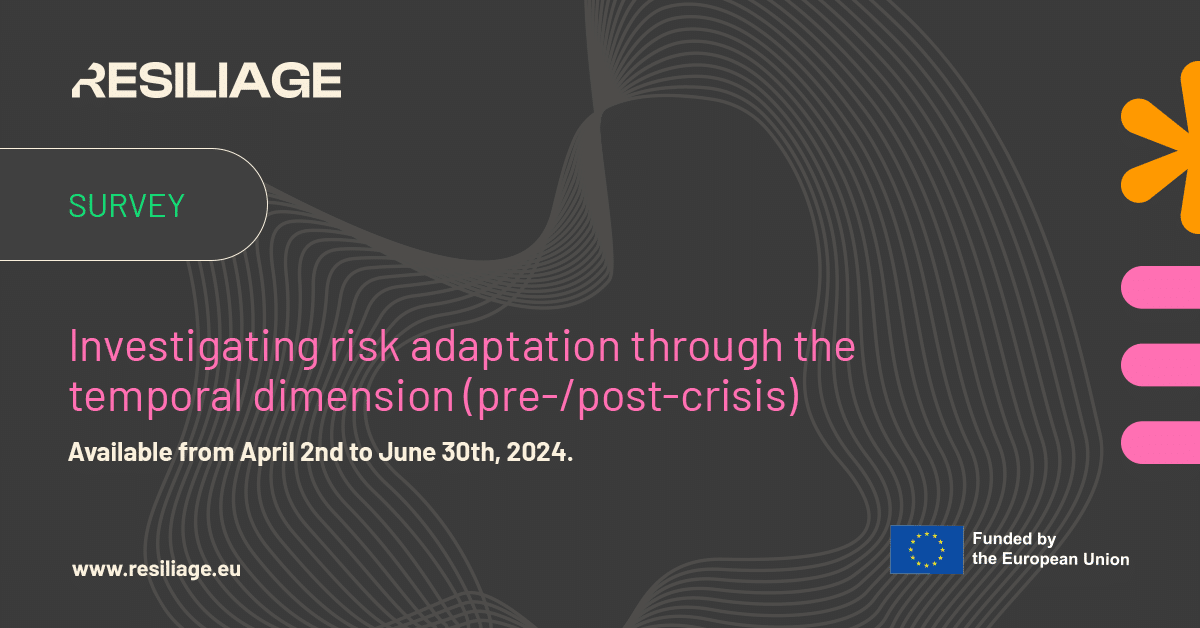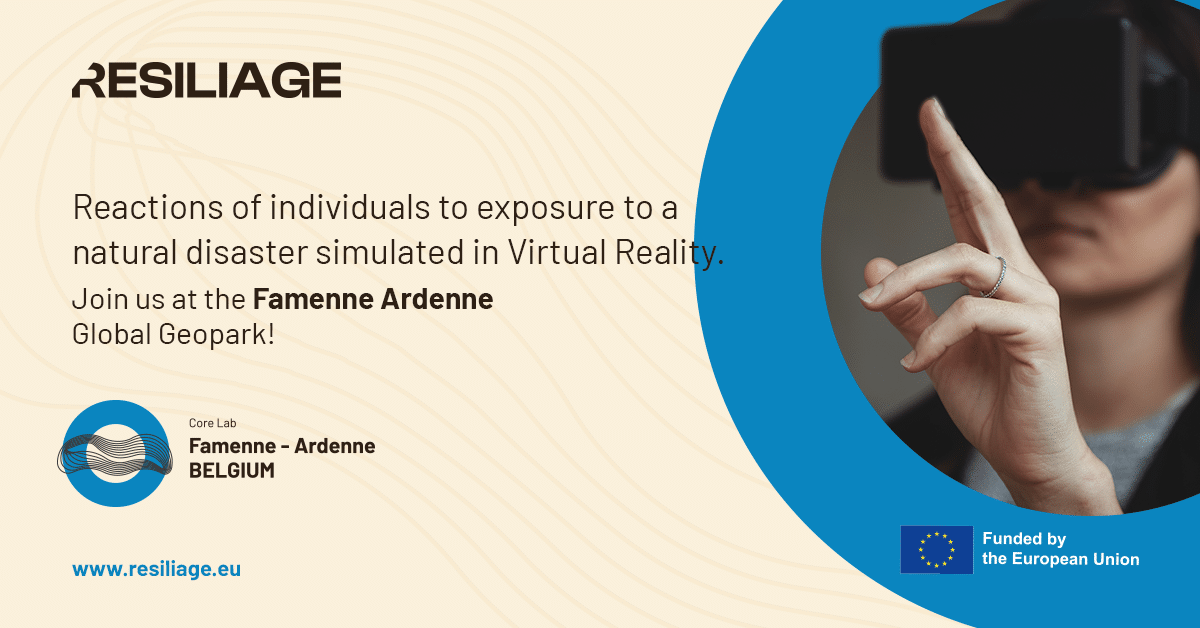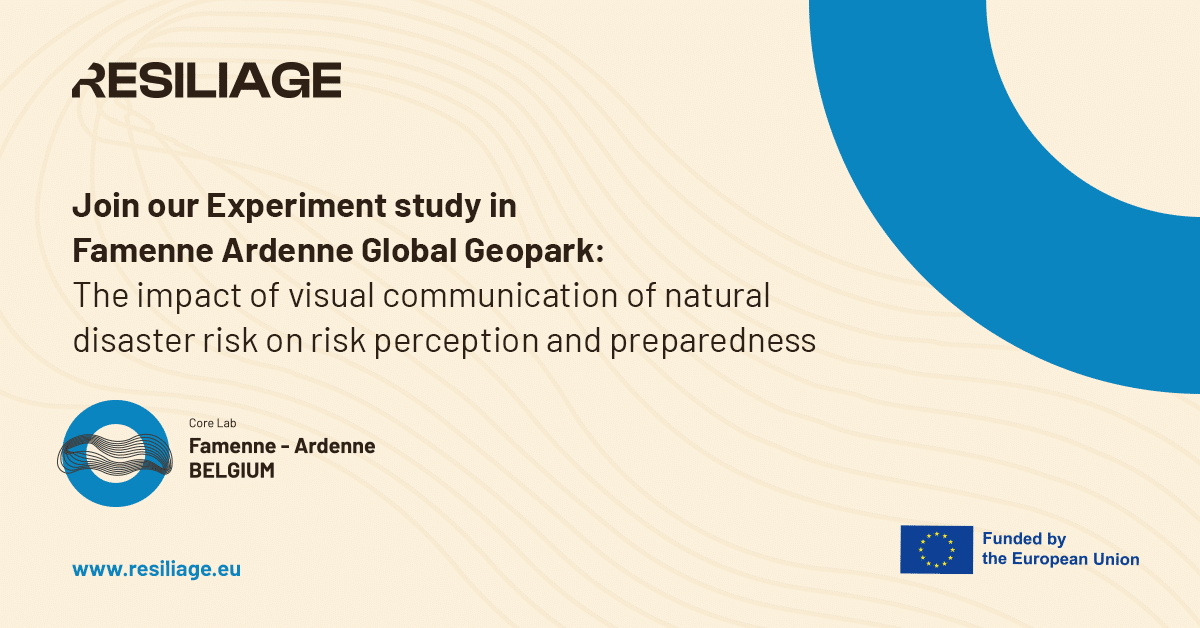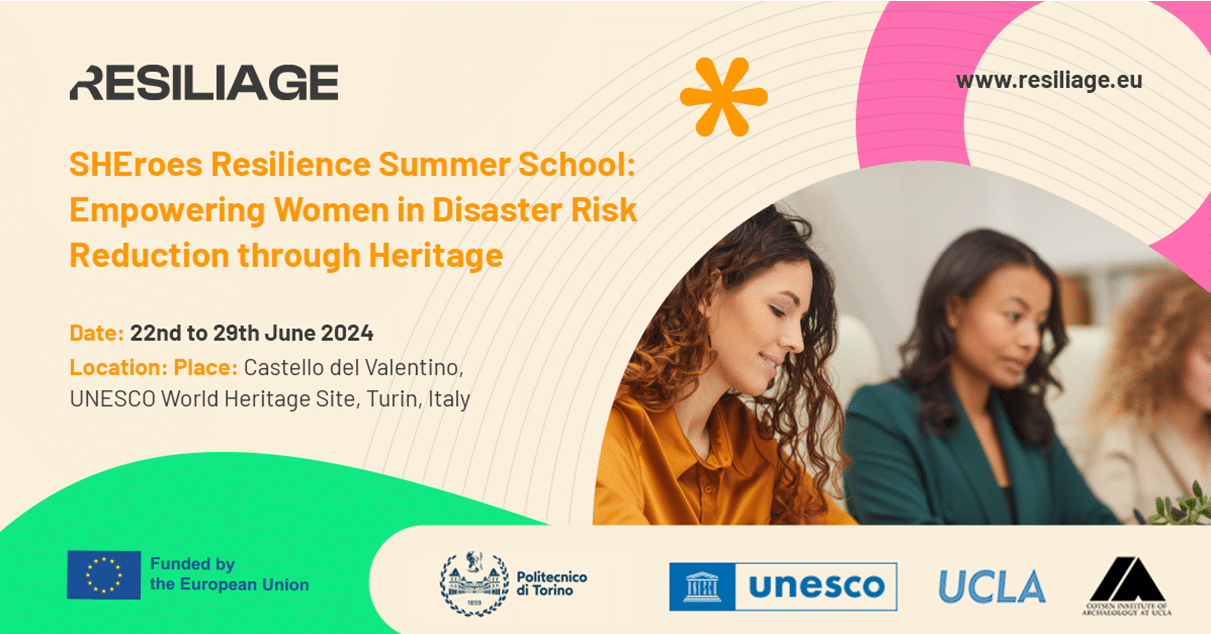

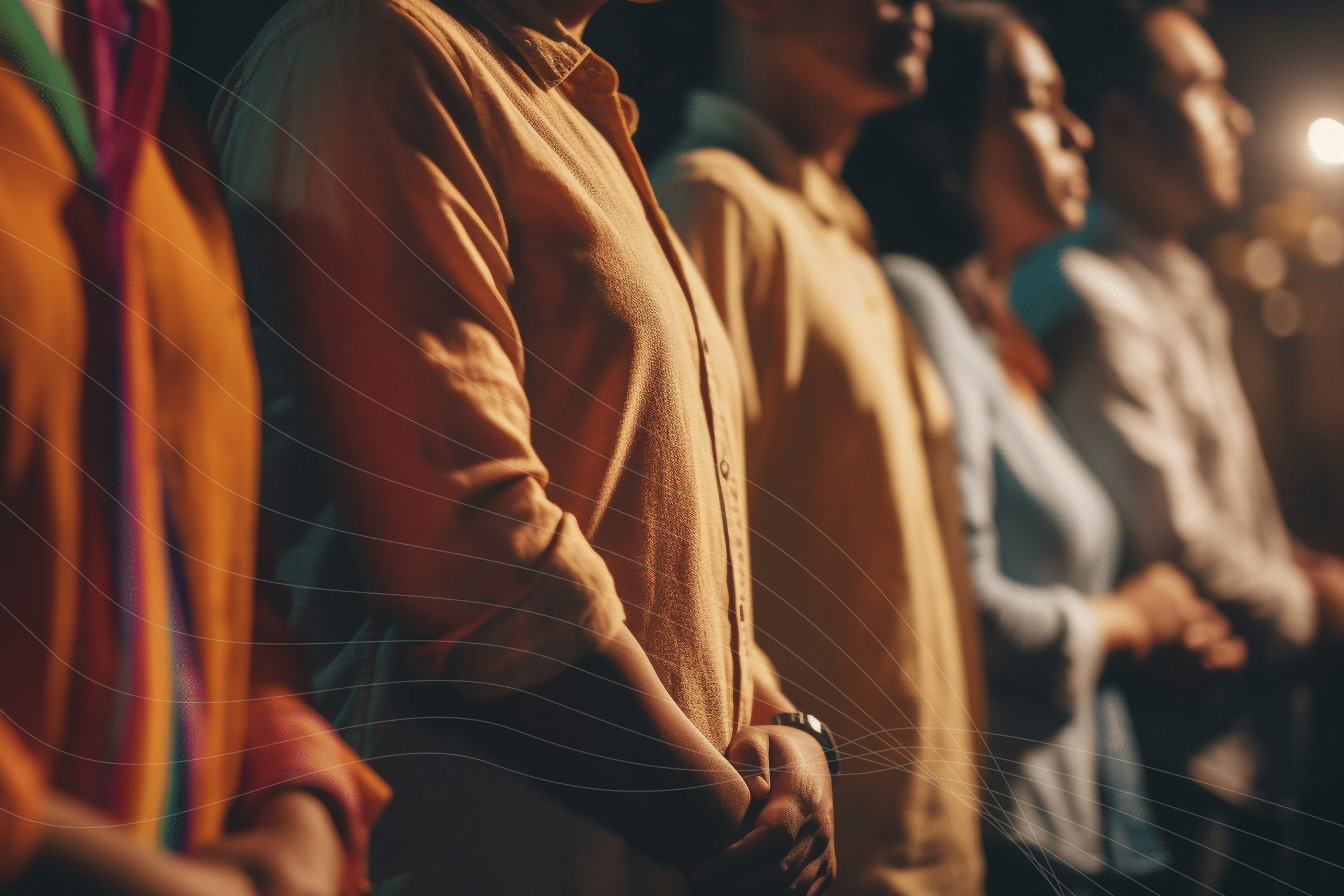
We are RESILIAGE
Join us in revolutionising community resilience!
Know where we act
Meet the CORE Labs
RESILIAGE implements a community-centred approach conceived to be achieved through a crosscutting approach throughout the project life cycle. We will act in the following CORE Labs:

Famenne Ardenne Global Geopark . Belgium
Famenne-Ardenne will focus on the socio-economic impact of disasters and promote the recovery of the local economy.
know more about
Crete . Greece
Crete will focus on fostering collective active memory as a cohesive element of the identity of communities.
know more about
Naturtejo Geopark . Portugal
Naturtejo will focus on fostering individual and societal interconnections through inclusive social and cultural exchanges.
know more about
Trondheim . Norway
Trondheim will focus on Health and Well-being. The aim is to foster an individual's physical and psychological well-being and protective behaviour.
know more about
Karsiyaka . Turkey
Karsiyaka will focus on Adaptive Governance aiming to increase resilience behaviour related to innovative and adaptive governance schemes and planning.
know more about
resilience
community
natural disasters
responders
heritage

